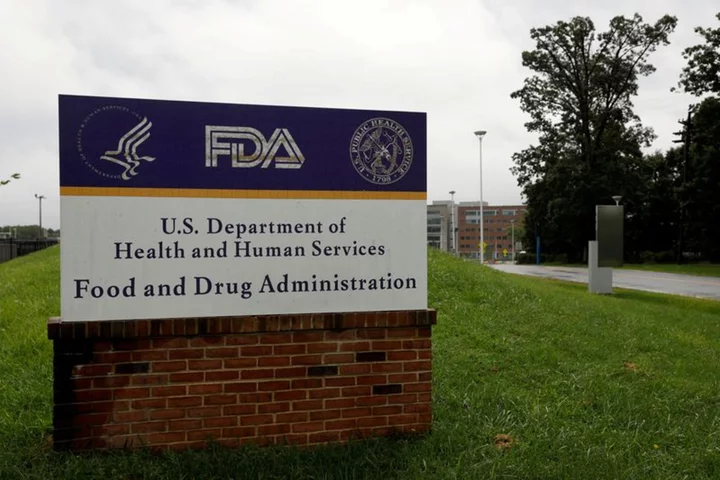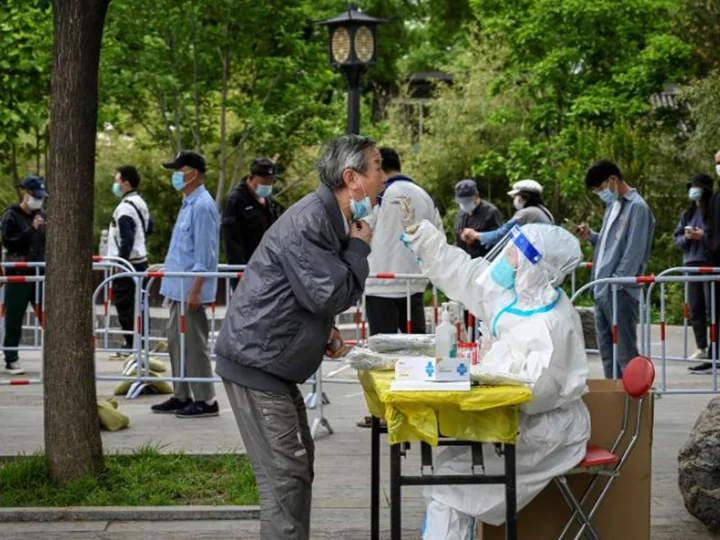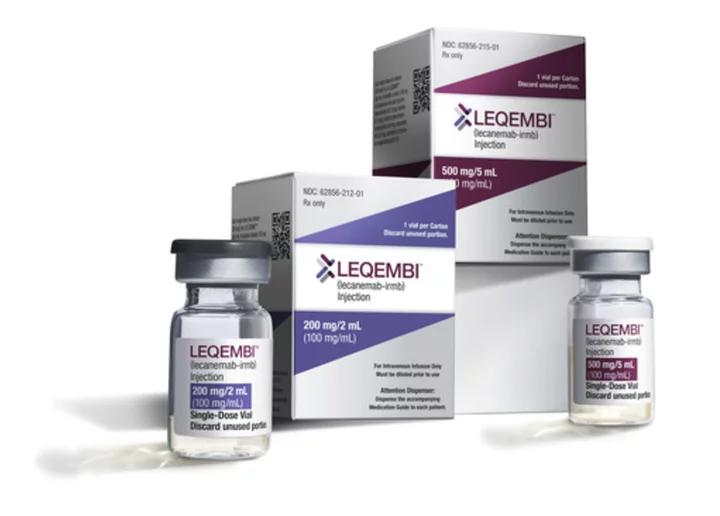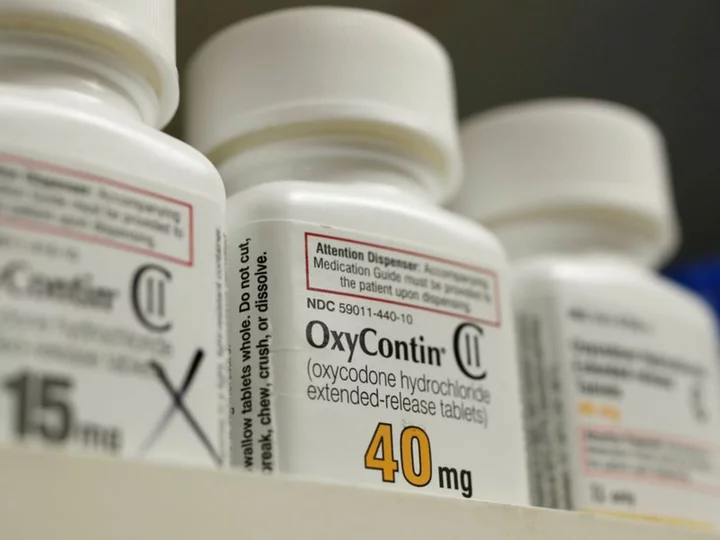By Maggie Fick
LONDON (Reuters) -U.S. drug regulators issued a report detailing quality control lapses at Novo Nordisk's main factory in North America as early as May last year, according to the report obtained by Reuters via a Freedom of Information Act request.
The inspection by the U.S. Food and Drug Administration (FDA) was at Novo's facility in Clayton, North Carolina, which the company says produces the active pharmaceutical ingredient (API), semaglutide.
The site makes oral semaglutide for Novo's diabetes drug Rybelsus, a spokesperson told Bloomberg on Thursday. A spokesperson declined to comment when asked by Reuters to confirm this.
Semaglutide is also used in Novo's hugely popular weight-loss drug Wegovy and type 2 diabetes drug Ozempic, which are injections.
There is no evidence that compliance failures flagged in the report known as a Form 483 resulted in harm to users of Wegovy and Ozempic. A Form 483 is a type of agency report containing "observations" that FDA inspectors "deem to be objectionable".
The issues were with the factory's control systems to prevent microbial contamination, the same as those raised in the more recent inspection this July, which was first reported by financial news agency MarketWire and pushed Novo's shares down 3%.
Novo declined to comment on the May 2022 report, which was first reported by Reuters, but repeated its statement on Monday in response to the FDA's report from its July inspection that the Clayton site was "running and producing for the market".
The FDA said in a statement to Reuters that FDA inspectors, as part of the agency's normal operations, conducted "pre-approval and routine inspections" of the facility and issued Form 483s following those inspections.
"The company responded to these observations with information describing corrective actions," the FDA's statement read.
"At this time, based on the FDA’s inspections and the company’s responses to the inspectional observations, the FDA does not have information that suggests ongoing compliance issues that raise concerns about the quality of drug products manufactured at the site."
One industry expert, who spoke on condition of anonymity due to the sensitivity of the matter, said similar issues at two inspections some time apart could expose the site to increased scrutiny from the FDA going forward.
The report from the May 2022 inspection shows that FDA officials found the factory had failed to include one type of bacteria, abbreviated as B. cepacia, on its list of "objectionable organisms".
Two of the factory's laboratory investigations, in 2020 and 2021, found drug product samples containing this particular bacteria, the report read.
The report included a second manufacturing lapse: "Failure to clean equipment at appropriate intervals" to prevent build-up of microorganisms on equipment. The report noted that the equipment in question was used for "continuous production" of batches of API.
When inspectors returned to the facility in July, they found that although the site was identifying objectionable organisms during testing of batches of semaglutide API, it had failed to thoroughly identify the cause of the bacteria present in these batches.
Analysts at Barclays and Jefferies said in notes this week that, although investors may be concerned by news of potential manufacturing issues, they saw minimal impact on Novo's production of semaglutide.
Steven Lynn, a former head of the FDA's Office of Manufacturing and Product Quality who is now a regulatory compliance consultant, said that while the subject matter in the two inspections is the same, it is not fair to say that the recent inspection shows the factory had failed to correct the lapses that inspectors found last year.
"It looks like (the factory) amped up their objectionable organism list, but now they aren’t adequately investigating issues when they identify one of the objectionable organisms," he said.
Other manufacturing experts say the FDA plays close attention to whether lapses identified in previous agency inspections have been fixed as a metric for whether a company is adhering closely to good manufacturing principles.
(Reporting by Maggie Fick Editing by Josephine Mason and Mark Potter)









